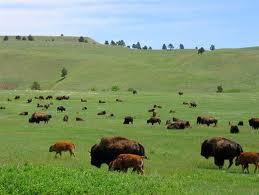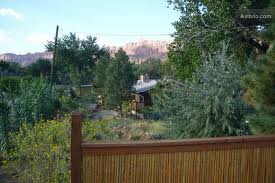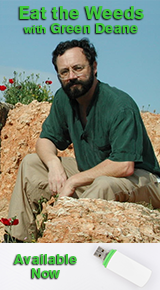There is little doubt that man has been foraging for food for a long time. As one might guess, in different places he foraged for different plants. He also foraged before there were cities and suburbia. Foraging continued well into the 1900’s, and of course, selectively today.
 Among the challenges of teaching foraging is finding suitable sites. In my classes I tend to visit the same areas, at least four times a year, usually more often. Almost all of these sites are in suburbia, not in the wild. This surprises people because they assume wild food is out in the wilderness. When the famous Willie Sutton was asked why he robbed banks, he said because that’s where the money is. I teach foraging in suburbia because that’s where the plants are.
Among the challenges of teaching foraging is finding suitable sites. In my classes I tend to visit the same areas, at least four times a year, usually more often. Almost all of these sites are in suburbia, not in the wild. This surprises people because they assume wild food is out in the wilderness. When the famous Willie Sutton was asked why he robbed banks, he said because that’s where the money is. I teach foraging in suburbia because that’s where the plants are.
That said, I have to qualify that comment. There are edibles in the wilds, but they tend to be different than those found in population centers and represent more a subsistence living than variety.
Many edible weeds, perhaps the majority, are not native. They are from somewhere else. They come with humans and humans go to population centers.
 In an old city park I can usually find 60 to 100 edible species and I usually have to walk only a mile or so. In a state park I can walk 10 miles and find perhaps two dozen edible species. This is not to say native food is inferior or rare. It is better to say the choice is limited. But when you combine native and imported plants (and edible ornamentals) then one has a large menu.
In an old city park I can usually find 60 to 100 edible species and I usually have to walk only a mile or so. In a state park I can walk 10 miles and find perhaps two dozen edible species. This is not to say native food is inferior or rare. It is better to say the choice is limited. But when you combine native and imported plants (and edible ornamentals) then one has a large menu.
The other reason I use city parks is because most of the species we find there most folks can also find in their own yard or neighborhood. It’s good to learn what the natives ate to survive but most folks want to find food around their own home, not a distant park (where foraging is probably also illegal.)
Foraging in suburbia does raise the issue of pollution, and that has to be taken into consideration. Despite that complication foraging in suburbia is where more people forage today. It is where most people find their wild food, and it’s where I teach. Willie Sutton would understand.

